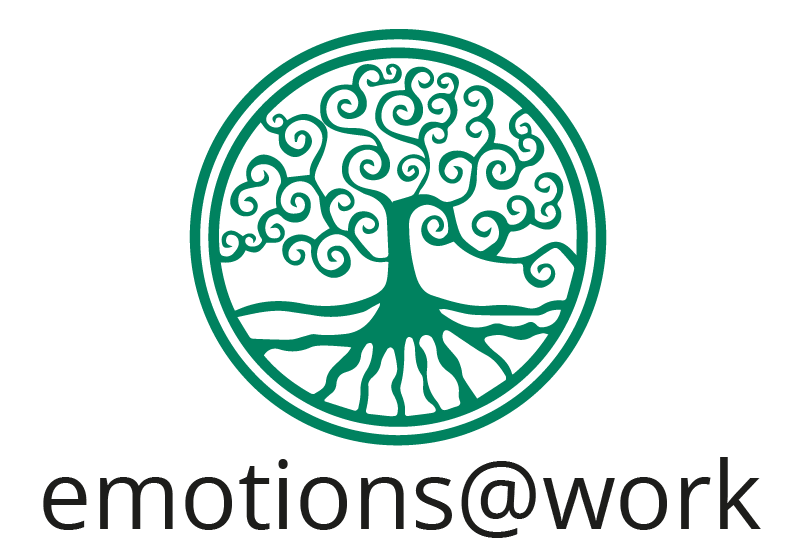Self-awareness is the ability to objectively recognize and understand your own emotions, behaviors, strengths, weaknesses, and their impact on yourself and others.
Denial, on the other hand, is a defense mechanism in which individuals refuse to acknowledge or accept a painful or uncomfortable truth about themselves, their behaviors, or their circumstances. It’s a form of self-deception that can prevent individuals from confronting and addressing their problems, leading to negative consequences in their personal and professional lives.
Self-awareness and denial are closely related, as self-awareness involves being honest with oneself and acknowledging one’s flaws and weaknesses. Individuals who lack self-awareness may be more prone to denial, as they may have difficulty accepting unpleasant truths about themselves. Conversely, self-aware individuals may be more likely to recognize and confront their denial tendencies, leading to greater personal growth, collaborative attitude, and improved decision-making.
How can this affect work collaboration?
Self-awareness and denial can have a significant impact on work collaboration. Here are some ways in which they can affect collaboration:
- Communication: Self-aware individuals are better able to communicate their thoughts, feelings, and needs effectively, which can improve collaboration. Conversely, individuals in denial may struggle with effective communication, leading to misunderstandings and conflict.
- Feedback: Self-aware individuals are more open to receiving feedback, which can help them improve and grow. Individuals in denial, however, may struggle to accept feedback and may become defensive, which can hinder collaboration.
- Conflict resolution: Self-aware individuals are better equipped to manage conflicts and resolve differences constructively. Individuals in denial, however, may struggle to address conflicts and may avoid them altogether, which can lead to tension and mistrust among team members.
- Team dynamics: Self-aware individuals are more likely to understand their strengths and weaknesses and those of their colleagues, which can improve team dynamics. Individuals in denial may struggle to recognize their limitations or the strengths of others, which can lead to resentment and frustration among team members.
In summary, self-awareness can improve work collaboration by promoting effective communication, feedback, conflict resolution, and team dynamics. Denial, on the other hand, can hinder all types of efficient collaboration by preventing communication, and rejecting conflict resolution, therefore, offsetting positive team dynamics.
REPRODUCTION PROHIBITED WITHOUT PERMISSION OF THE AUTHOR

